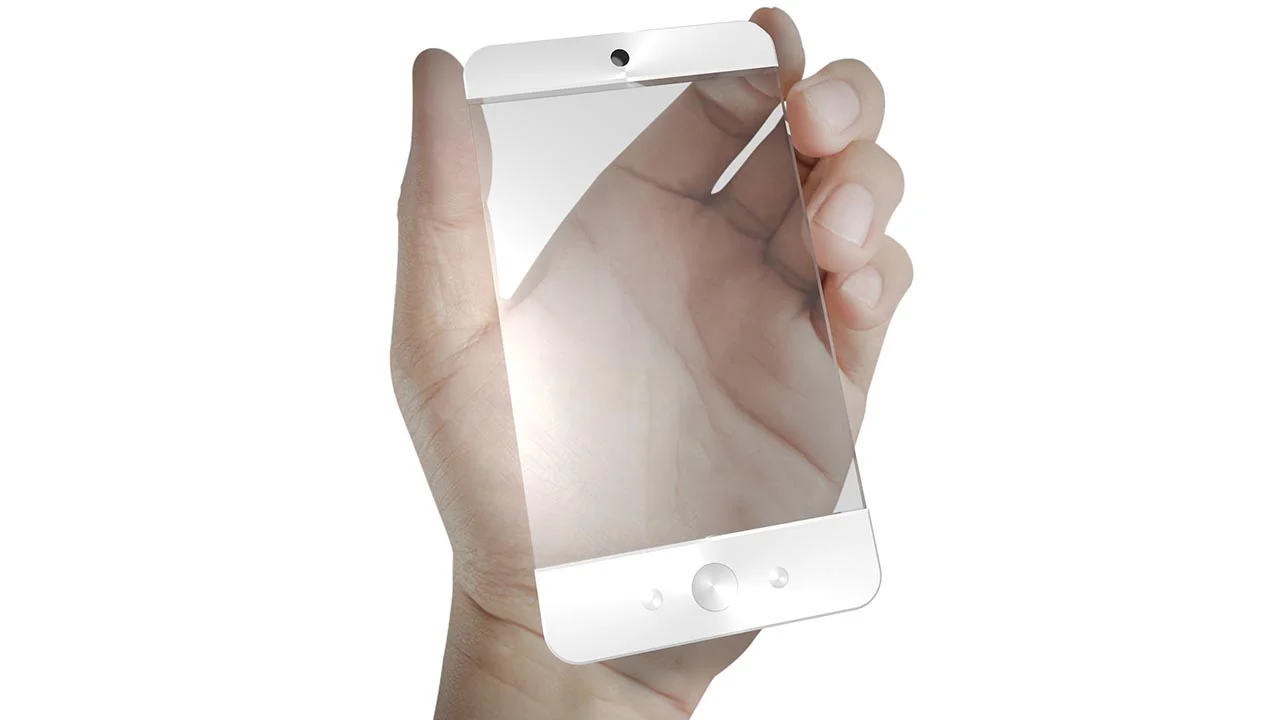The major risk factors for skin cancer continue to be for those people who have fair skin or a lighter natural color, family history of skin cancer or personal history of skin cancer, ultraviolet light exposure from the sun or indoor tanning. UV radiation is a proven human carcinogen skin that burns easily, gets red easily or becomes painful in the sun. But now a new study says the tech in our lives such as devices like tablets, smartphones and laptops can actually reflect these ultraviolet light from the sun and may directly increase an individual's exposure to the cancer-causing wavelengths.
Read More





